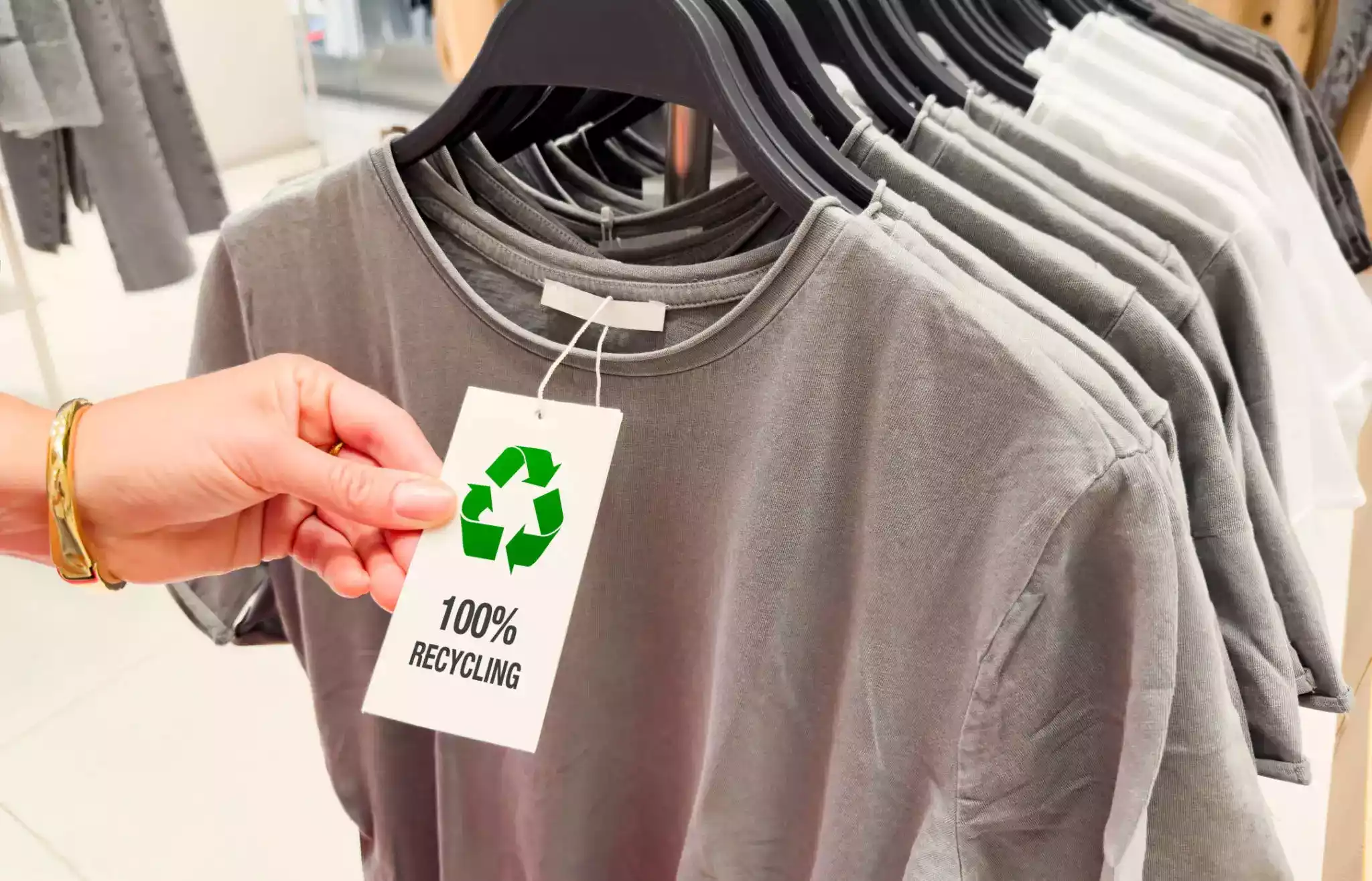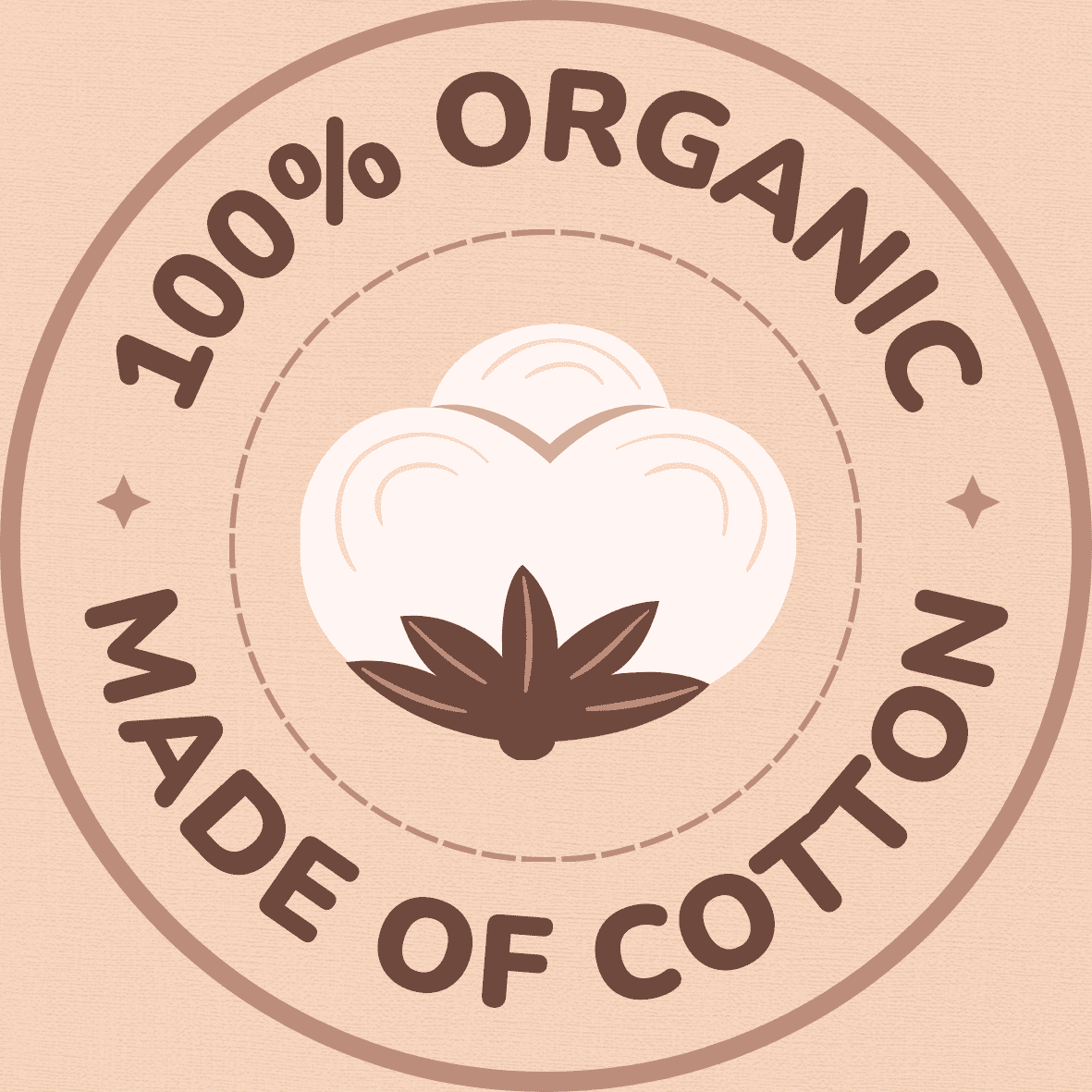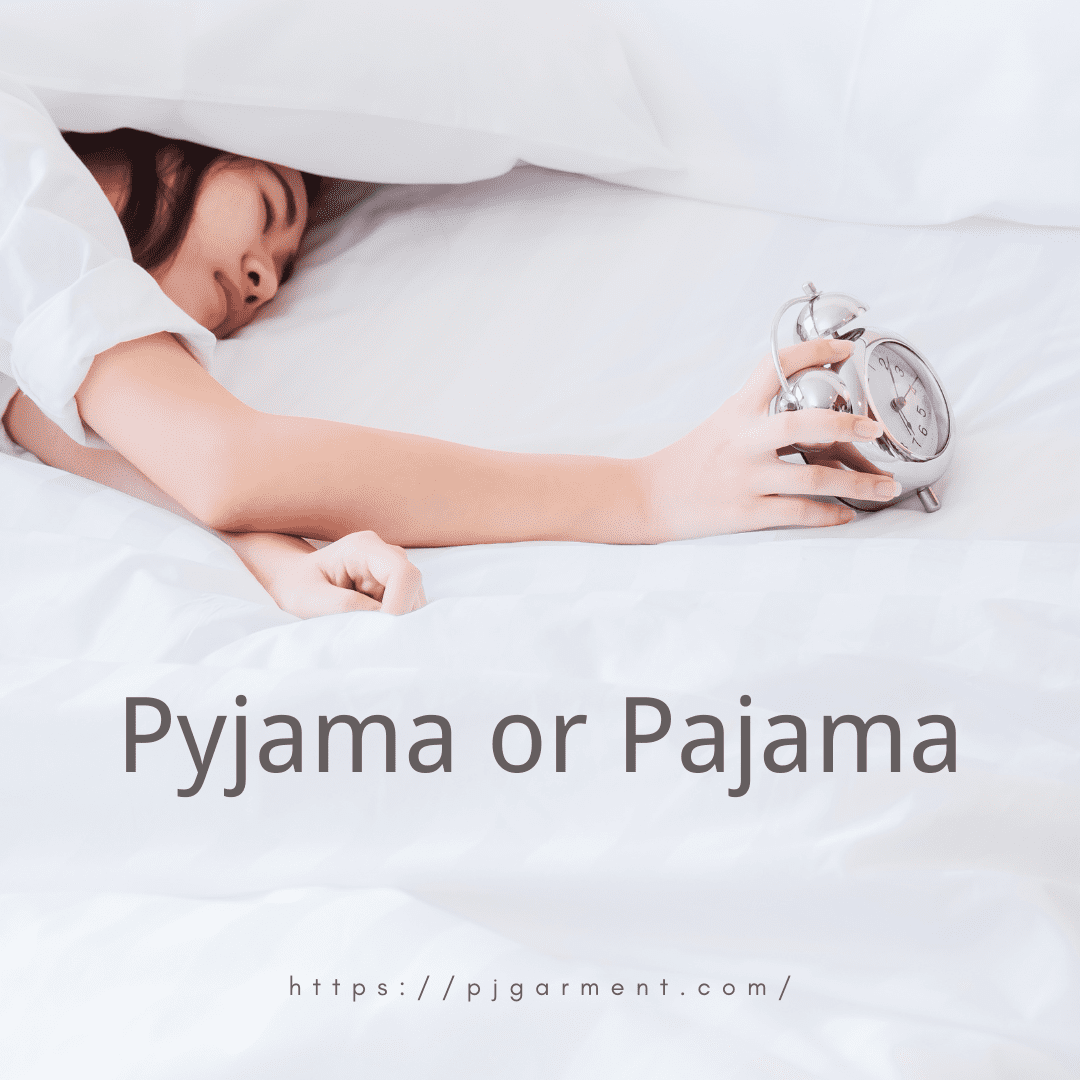Experience the ultimate comfort of personalized sleepwear tailored to your style and preferences, thanks to custom pajama manufacturers.
Understanding the Importance of Customized Sleepwear
As the world of fashion continues to evolve, one aspect that has gained significant attention is the importance of customized sleepwear. Gone are the days when bedtime attire was merely a necessity; today, it is an extension of individuality and personal style. With the rise of custom pajama manufacturers, individuals now have the opportunity to express themselves through their sleepwear.
Custom pajama manufacturers cater to the diverse needs and preferences of consumers. Whether you are looking for a cozy set of flannel pajamas for those chilly winter nights or a playful and vibrant design for your little ones, custom kids pajamas wholesale manufacturers have got you covered. This level of customization allows individuals to create sleepwear that not only reflects their personality but also ensures optimal comfort and fit. By wearing sleepwear that is tailored to one’s preferences, individuals can enhance their overall sleep experience – creating a sense of tranquility and relaxation as they rest through the night.
Exploring the Benefits of Custom Pajama Manufacturers
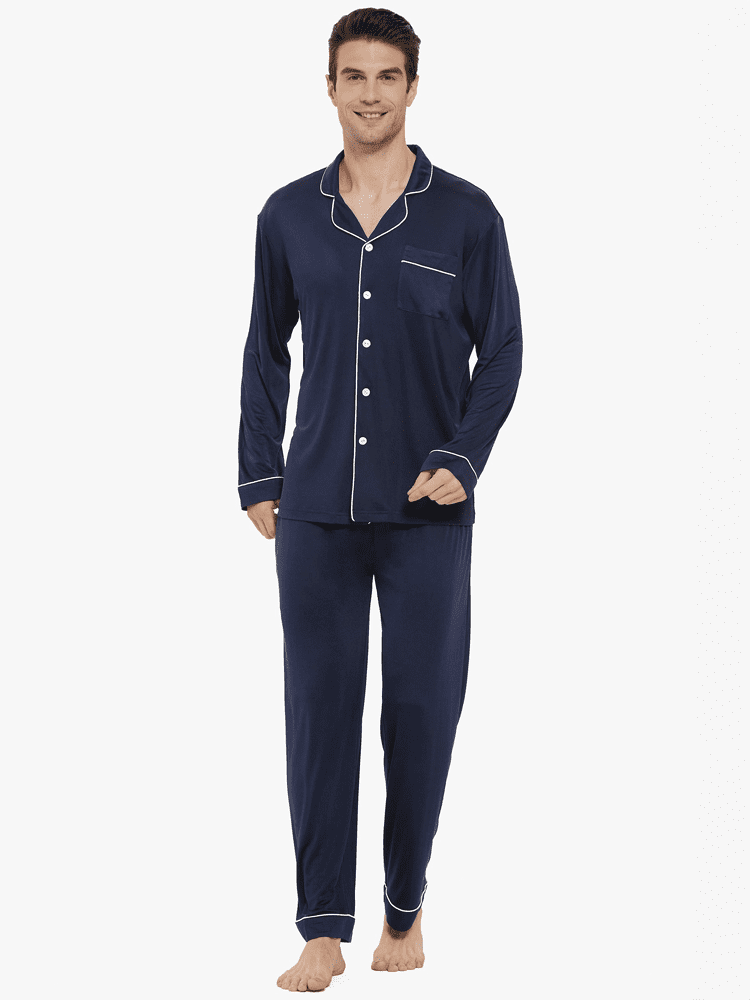
Custom pajama manufacturers offer a range of benefits that make them a desirable choice for individuals and businesses alike. One of the key advantages of working with custom pajama manufacturers is the ability to create unique and personalized sleepwear. Whether it’s designing pajamas for a special event, a promotional campaign, or simply for personal use, custom manufacturers provide the opportunity to create one-of-a-kind pieces that reflect individual styles and preferences. From selecting the fabric and choosing the design to adding personalized details such as embroidery or prints, the options for customization are limitless.
Additionally, custom pajama manufacturers offer the benefit of expert craftsmanship and attention to detail. These manufacturers have the knowledge, skills, and equipment necessary to create high-quality sleepwear that meets specific requirements. With years of experience in the industry, custom manufacturers can ensure that the finished product is not only visually appealing but also comfortable and durable. Whether it’s using advanced stitching techniques or sourcing the finest materials, these manufacturers are dedicated to delivering products that exceed customer expectations. Custom manufacturing examples include producing pajamas with custom logos for businesses, creating matching family sets for special occasions, or designing themed sleepwear for sports teams or organizations.
Factors to Consider When Choosing a Custom Pajama Manufacturer
When choosing a custom pajama manufacturer, there are several factors that you should consider to ensure a smooth and successful collaboration. Firstly, it is crucial to assess the manufacturer’s expertise in creating custom made products. Look for examples of their previous work to determine if their style aligns with your vision for your custom sleepwear. Additionally, research the manufacturer’s reputation within the industry. Read reviews and testimonials from other customers who have worked with them to gauge their level of professionalism and quality.
Another important factor to consider is the manufacturer’s experience in custom clothing manufacturing. Find out how long they have been in business and if they have worked on similar projects in the past. Custom pajamas come with their own set of challenges, so it is crucial to choose a manufacturer who understands the intricacies of creating personalized sleepwear. Furthermore, consider the manufacturer’s production capacity and capabilities. Ensure that they have the resources and infrastructure necessary to meet your specific requirements in terms of quantity, design, and timeline.
How to Find Reliable Custom Pajama Manufacturers
When it comes to finding reliable custom pajama manufacturers, there are a few key steps to follow. First, it’s important to do thorough research on potential manufacturers. Look for companies that specialize in custom sleepwear, specifically custom pajama pants manufacturers. These companies will likely have the experience and expertise needed to create high-quality and unique sleepwear designs.
Next, take the time to read reviews and testimonials from previous customers. This will give you valuable insights into the quality of the products and the professionalism of the manufacturer. Look for feedback specifically related to the reliability of the company, the accuracy of the customization process, and the overall satisfaction of customers.
In addition to researching and reading reviews, don’t hesitate to reach out and communicate directly with the sleepwear manufacturers you’re considering. A professional manufacturer should be responsive and willing to answer any questions or concerns you may have. This communication will also give you a better understanding of the company’s capabilities and whether they can meet your specific customization needs.
By following these steps and conducting thorough research, you’ll be well on your way to finding reliable custom pajama manufacturers who can bring your sleepwear vision to life.
The Process of Designing Your Own Custom Sleepwear
Designing your own custom sleepwear is an exciting and creative process that allows you to express your individual style and preferences. Whether you’re looking for unique and luxurious sleepwear or want to create a private label collection, there are several steps involved in bringing your vision to life.
To start, it’s important to find a reputable luxury sleepwear manufacturer or private label pajamas manufacturer who can assist you in the design process. These professionals have the expertise and resources to help you turn your ideas into reality. They will work closely with you to understand your vision and provide guidance on materials, sizing, and customization options. Whether you want to incorporate specific prints, embroideries, or patterns, they can offer valuable insights to ensure your custom sleepwear is high-quality and tailored to your liking. Collaborating with a professional in the industry ensures that your custom sleepwear will meet your expectations, allowing you to enjoy a truly personalized and comfortable sleep experience.
Materials and Fabrics: Selecting the Perfect Choice for Your Custom Pajamas
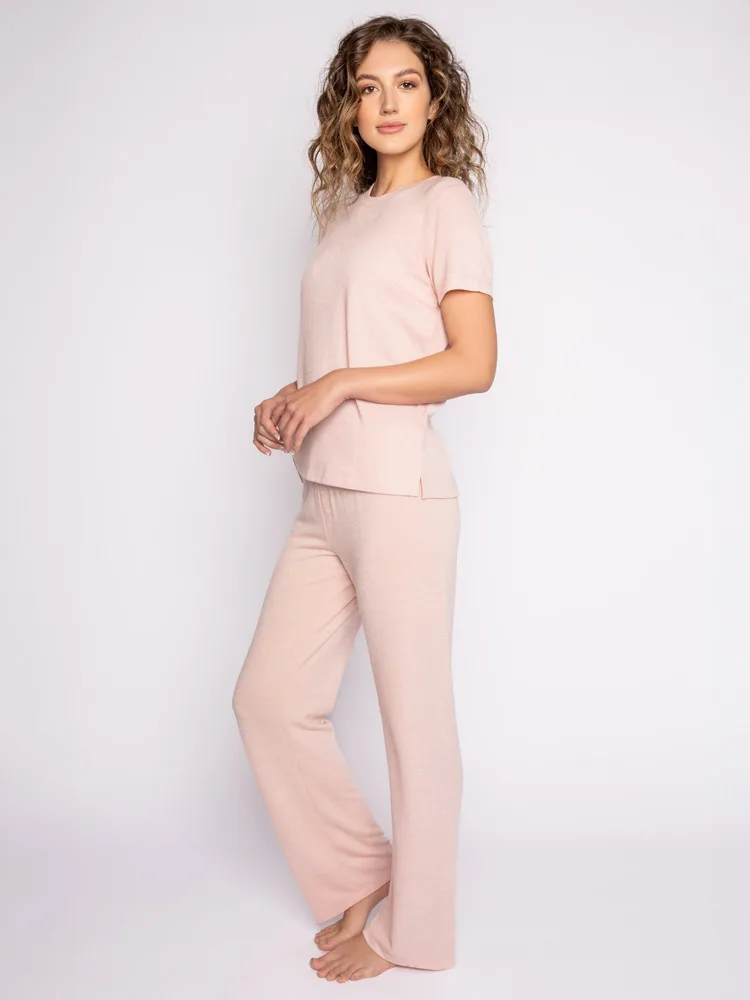
When it comes to creating your own pajama line, one of the most important factors to consider is the materials and fabrics that will be used. The choice of fabric can greatly impact the overall quality and comfort of your custom pajamas. So, how do you go about selecting the perfect choice for your unique sleepwear?
Firstly, it is essential to understand the different types of fabrics available for manufacturing pajamas. Common options include cotton, silk, flannel, and polyester. Each fabric has its own unique characteristics and advantages, so it’s important to consider factors such as breathability, softness, durability, and hypoallergenic properties. By understanding the qualities of each fabric, you can make an informed decision on which material will best suit your custom pajama line.
Next, you’ll need to consider the specific requirements of your target market and the purpose of your custom pajamas. Are you targeting customers who value luxury and comfort? If so, silk or high-quality cotton may be the best choice. On the other hand, if you’re manufacturing pajamas for colder climates or for loungewear purposes, flannel may be a more suitable option. By understanding your target market and the intended use of your custom pajamas, you can ensure that your choice of materials and fabrics aligns with the needs and preferences of your customers.
• Cotton: Known for its breathability and softness, cotton is a popular choice for pajamas. It is hypoallergenic and suitable for all seasons.
• Silk: Considered a luxurious fabric, silk offers exceptional comfort and smoothness. It provides excellent temperature regulation but may require special care during washing.
• Flannel: Ideal for colder climates or cozy loungewear, flannel is a warm and soft fabric that provides insulation against the cold.
• Polyester: A durable and affordable option, polyester is known for its wrinkle resistance and easy maintenance. However, it may not be as breathable as natural fabrics.
Understanding the specific requirements of your target market will help you determine which fabric to choose. For example:
– If your customers prioritize luxury and comfort, silk or high-quality cotton would be ideal.
– If your custom pajamas are meant for colder climates or lounging at home during winter months, flannel would provide warmth.
– If affordability and durability are important factors for your customers, polyester could be a suitable choice.
It’s also worth considering any additional features you want to incorporate into your custom pajamas. For instance:
– Moisture-wicking properties can keep sleepers dry by drawing sweat away from the body.
– Stretchy materials like spandex can enhance flexibility and ease of movement during sleep or relaxation.
Ultimately, selecting the perfect materials and fabrics involves striking a balance between quality, comfort, functionality, customer preferences, budget considerations,
and manufacturing feasibility. By carefully evaluating these factors in relation to your target market’s needs,
you can ensure that your custom pajama line stands out with its superior quality
and meets the expectations of your customers.
Customizing Details: Embroidery, Prints, and Patterns for Unique Sleepwear
Embroidery, prints, and patterns play a crucial role in creating unique sleepwear that reflects your personal style and preferences. When customizing details on your pajamas, it is important to choose a reliable supplier who specializes in providing high-quality custom sleepwear options. Finding reputable pyjama suppliers can ensure that you receive a finished product that meets your expectations and stands out in terms of design and craftsmanship.
When working with a professional custom pajama manufacturer, you will have the opportunity to select from a wide range of embroidery options. Whether you prefer intricate designs or simple monograms, embroidery can add a touch of elegance and sophistication to your sleepwear. Prints and patterns, on the other hand, can make a bold statement and showcase your individuality. From playful polka dots to vibrant floral prints, the possibilities are endless when it comes to customizing the details of your sleepwear. By collaborating with a reputable supplier, you can explore various options and create sleepwear that truly reflects your unique style and personality.
Sizing and Fit: Ensuring Optimal Comfort in Your Custom Pajamas
When it comes to custom pajamas, one of the most important aspects to consider is the sizing and fit. After all, the whole purpose of getting custom sleepwear is to ensure optimal comfort. Whether you’re looking for pajamas for yourself or your family, getting the right fit is essential for a good night’s sleep.
When choosing a custom pajama manufacturer, it’s crucial to find one that offers a wide range of sizes and measurements. They should have a thorough understanding of body shapes and proportions to create pajamas that fit like a glove. Professional custom pajama manufacturers will provide detailed size charts and guidelines to help you accurately measure yourself or your loved ones. Additionally, they should offer options for customizations, such as adjusting the length of the pants or sleeves, to cater to individual preferences. By prioritizing sizing and fit, you can ensure that your custom pajamas will provide the utmost comfort and relaxation during those cozy nights at home.
Pricing and Budgeting: Navigating the Costs of Custom Sleepwear

Pricing and budgeting play a crucial role when it comes to navigating the costs of custom sleepwear. As individuals seek to create their own unique and personalized pajamas, it is important to consider the financial aspect of this endeavor. Custom sleepwear offers a wide range of options, from choosing the materials and fabrics to customizing the details such as embroidery, prints, and patterns. However, it is essential to find a balance between quality and cost-effectiveness, ensuring that the final product meets both your preferences and your budget.
When considering the pricing and budgeting of custom sleepwear, there are several factors to keep in mind. Firstly, it is important to determine your budgetary constraints and set realistic expectations. Customizing sleepwear can come with additional costs, such as design fees and higher-priced materials. Therefore, understanding your financial limitations from the outset can help you make informed decisions throughout the process. Additionally, it is essential to research and compare prices from different custom pajama manufacturers. By exploring multiple options and obtaining quotes, you can assess the value for money and make a well-informed decision. Prioritizing transparency in pricing and discussing any potential hidden costs with the manufacturer can also help to avoid unexpected expenses.
Testimonials and Reviews: Insights from Customers who Have Experienced Custom Pajamas
Testimonials and reviews play a crucial role in guiding potential customers towards making informed decisions about their custom pajama purchase. These insights from customers who have experienced custom pajamas provide valuable information about the overall quality, fit, and customization options offered by various manufacturers. By reading these testimonials, potential customers can gain confidence in the product and trust in the manufacturer’s ability to deliver a satisfactory outcome. Whether it’s the impeccable craftsmanship, attention to detail, or personalized designs, these testimonials highlight the positive experiences customers have had with their custom sleepwear.
One customer, Sarah, shared her experience with a custom pajama manufacturer, praising the exceptional quality and attention to detail in her sleepwear. She mentioned that the fabric used was incredibly soft and comfortable, providing a luxurious feel when she wore them to bed. Sarah also appreciated the manufacturer’s willingness to work closely with her to bring her design ideas to life. The final product exceeded her expectations, and she expressed her satisfaction with the excellent fit and unique customization options that made her sleepwear truly one-of-a-kind. This testimonial showcased the manufacturer’s commitment to delivering high-quality custom pajamas that prioritize both comfort and style.
FAQs
How important is customization when it comes to sleepwear?
Customization in sleepwear is important because it allows individuals to have sleepwear that is uniquely tailored to their preferences and needs. It ensures optimal comfort and style, enhancing the overall sleep experience.
What are the benefits of choosing a custom pajama manufacturer?
Choosing a custom pajama manufacturer offers several benefits. Firstly, it allows for a personalized design that reflects individual taste and style. Secondly, custom manufacturers often use high-quality materials, ensuring durability and comfort. Lastly, they provide a more tailored fit, resulting in better sleep quality.
What factors should I consider when choosing a custom pajama manufacturer?
When selecting a custom pajama manufacturer, it is important to consider factors such as their reputation, experience in the industry, pricing, customization options, and customer reviews. By evaluating these aspects, you can ensure a reliable and satisfactory experience.
How can I find reliable custom pajama manufacturers?
To find reliable custom pajama manufacturers, one can start by conducting online research and reading customer reviews. Additionally, seeking recommendations from friends or family who have had positive experiences with custom sleepwear can be beneficial. Contacting manufacturers directly and asking for samples or references can also help in assessing their reliability.
What is the process of designing custom sleepwear?
The process of designing custom sleepwear typically involves selecting the preferred style, fabric, color, and any additional customization options such as embroidery or prints. This information is shared with the manufacturer, who then creates the sleepwear according to the provided specifications.
What materials and fabrics are suitable for custom pajamas?
The choice of materials and fabrics for custom pajamas depends on individual preferences and requirements. Common options include cotton, silk, flannel, and satin. Each fabric offers different levels of comfort, breathability, and warmth, allowing customers to select the perfect choice for their specific needs.
Can I customize the details of my custom pajamas?
Yes, customization details such as embroidery, prints, and patterns can be added to custom pajamas. This allows for unique and personalized sleepwear that reflects individual style and preferences.
How can I ensure the sizing and fit of my custom pajamas are optimal for comfort?
To ensure optimal comfort and fit in custom pajamas, it is important to provide accurate measurements to the manufacturer. Some manufacturers may also offer the option of providing custom measurements or requesting sample sizes for fitting purposes.
How do I navigate the costs of custom sleepwear?
Pricing and budgeting for custom sleepwear can be managed by comparing prices from different manufacturers and considering the quality of materials and customization options offered. It is important to balance cost with the desired level of customization and overall product quality.
What insights can I gain from customer testimonials and reviews?
Customer testimonials and reviews provide valuable insights into the experiences of individuals who have already purchased and used custom pajamas. They can help in assessing the overall quality, customer service, and satisfaction level of different manufacturers, aiding in the decision-making process.

